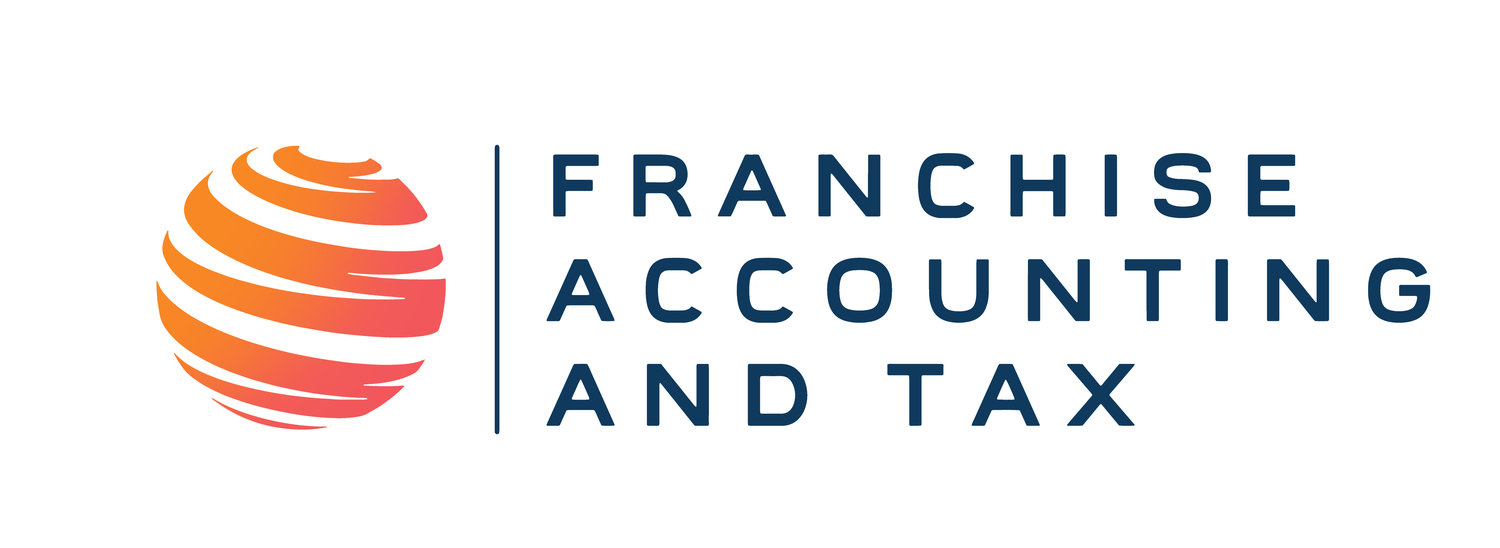Will COVID and the Government incentives affect the tax I pay this year?
With the COVID lockdown hurting many businesses this year, we’re being asked this question quite a lot. But COIVD didn’t really start to bite until March / April and many clients had been having a good year up until then.
Then the various government incentives kicked in. However, different tax treatments apply to the different incentives.
So, to find out if you’ll be paying tax this year, we need to start by looking at this year’s trading results.
Then, from a tax perspective, there’s a few things to bear in mind around the various government incentives.
Instant Asset Write Off. Have any assets been purchased to take advantage of the tax break? Check they have been written off properly in the Profit & Loss, not just sitting on the Balance Sheet.
Luxury Car. Watch out if a new car has been purchased. If it was over the luxury car tax limit, only the amount up to the limit can be written off. Not the full amount.
Jobkeeper payments. These payments are counted as income and will be taxable. Make sure they are included as income.
Cashflow Boost. This is NOT income. Make sure this one is NOT included as income.
State Government Grants. Check with each state government whether their grant is taxable. Given the data matching program the ATO undertakes, it will be important to show this correctly.
So, the starting point is to look at your Profit & Loss statement for the year to date. Then allow for the various tax incentives that may apply.
The good news is that if it looks like you are facing a tax bill, you still have time to take advantage of some tax planning opportunities.
Let me know if you need a hand
Peter

